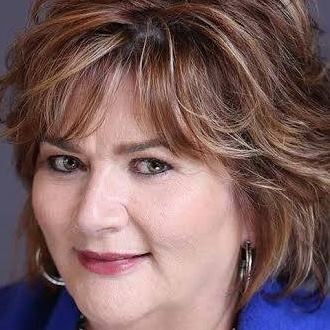Alright – so today we’ve got the honor of introducing you to Jayne Madigan. We think you’ll enjoy our conversation, we’ve shared it below.
Hi Jayne , really happy you were able to join us today and we’re looking forward to sharing your story and insights with our readers. Let’s start with the heart of it all – purpose. How did you find your purpose?
Like many, my path to purpose wasn’t linear—it was born from pain, resilience, and a deep desire to heal. I’ve been on my own since I was 16, navigating life without the support of a traditional family structure. I was estranged from my father for over 40 years, and I’m a 33-year, multiple-time survivor of suicide loss—grieving both my uncle and my beloved nephew. The weight of unprocessed trauma eventually manifested physically, and I was diagnosed with Lupus, a terminal illness. At the time, I was a young mother of two, told I wouldn’t live past 50.
That diagnosis became my wake-up call.
Talk therapy wasn’t enough for me—it didn’t reach the pain in my body, the fear in my nervous system, or the heaviness in my spirit. So, I went on a healing quest. I studied trauma, neuroscience, somatic therapy, energy medicine, and holistic healing. Not only did I reverse my Lupus diagnosis, but I also found the tools that helped me truly grieve, release, and rebuild. These same tools gave me the strength to walk through my most recent challenge—divorcing after 37 years of marriage.
I found my purpose by turning my pain into a pathway—not just for myself, but for others. Today, I help women heal deeply from grief, trauma, and loss. I guide them to reconnect with their bodies, regulate their nervous systems, and reclaim their worth. My work is rooted in science and soul, and I feel incredibly honored to walk alongside those who are ready to transform their pain into power.
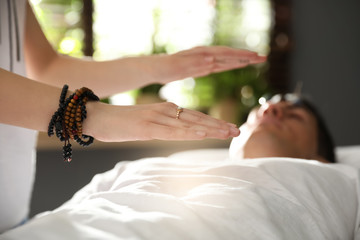
Thanks, so before we move on maybe you can share a bit more about yourself?
I’m the founder of Healing After Suicide, a grief recovery platform dedicated to helping survivors of suicide loss heal using holistic and somatic tools. As a 33-year, multiple-time survivor of suicide loss, I don’t just teach these techniques—I lived them. I used the very same methods I now share with others to heal my own trauma, reverse a terminal Lupus diagnosis, and reclaim my life. Today, I’m healthy, medication-free, and more passionate than ever about helping others know that deep healing is possible.
Through Healing After Suicide, I support women who are navigating complex grief, PTSD, and emotional overwhelm after losing a loved one to suicide. My approach integrates neuroscience, nervous system regulation, breathwork, Emotional Freedom Technique (EFT/tapping), energy medicine, and somatic healing. What makes my work special is that I don’t just address grief from the neck up—we work with the entire body, where trauma and unprocessed pain are stored. I create spaces where women feel safe to release, reset, and rebuild.
In June, I’m expanding with a new brand: The Healing Arts of Embodiment. This offering goes beyond grief and is designed to help women transform their lives after any form of trauma, challenge, or transition—whether it’s divorce, chronic illness, family estrangement, or burnout. It’s about returning to wholeness through embodiment, nervous system healing, and creative self-expression.
I’m also thrilled to announce that my first book, Healing After Suicide: Beyond the Grief, will be released this fall. It’s a deeply personal guide for survivors who feel lost and are looking for real, science-based tools to move forward.
And finally, I’m excited to now offer private and group sessions at The Open Mind Center in Roswell, GA. This includes in-person somatic healing sessions, grief recovery coaching, and transformative group classes to support healing from the inside out.
Whether someone is grieving a loss, navigating a life transition, or simply craving a deeper connection to themselves, my mission is to help them know: you are not broken—you are becoming.
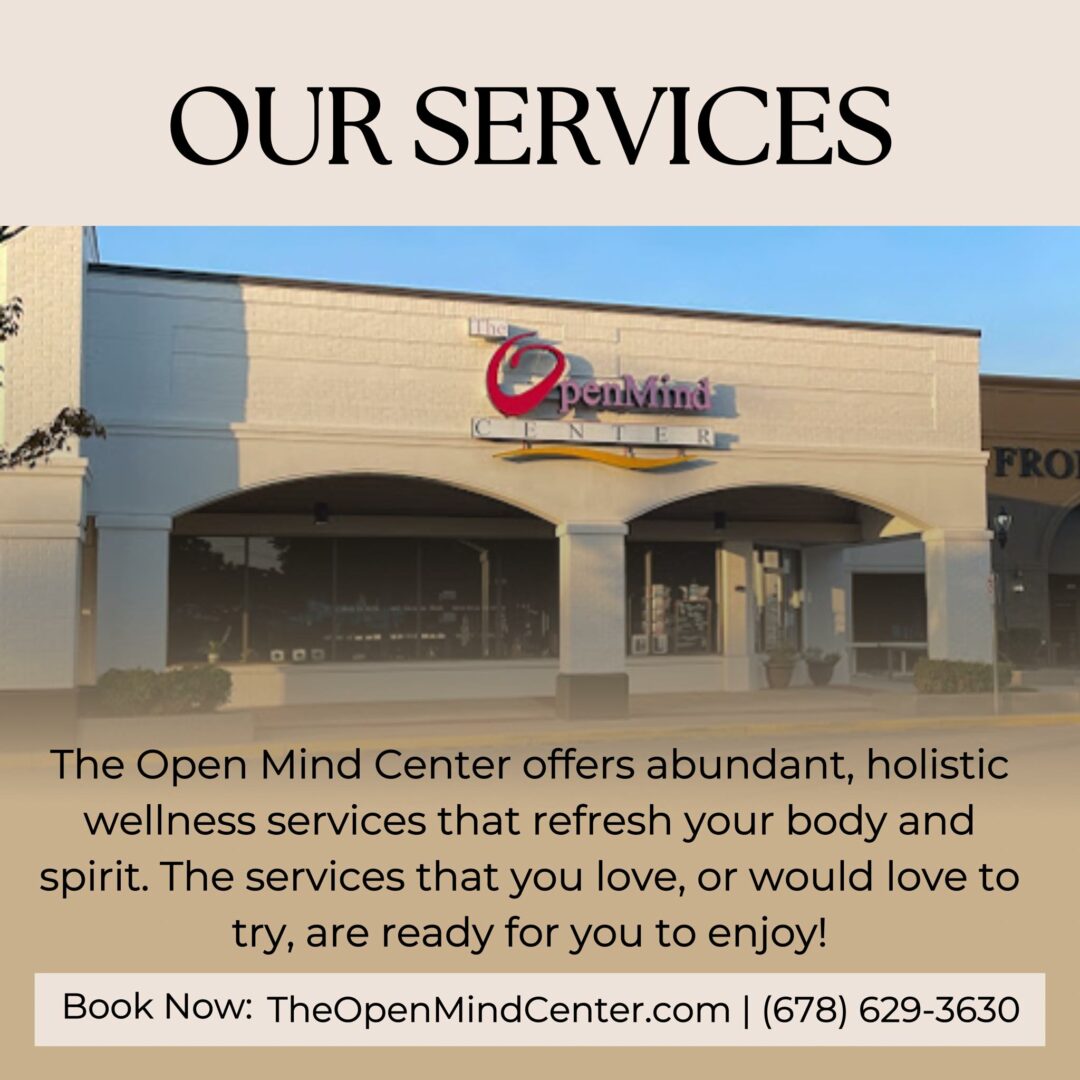
There is so much advice out there about all the different skills and qualities folks need to develop in order to succeed in today’s highly competitive environment and often it can feel overwhelming. So, if we had to break it down to just the three that matter most, which three skills or qualities would you focus on?
Looking back, three things transformed my life and ultimately shaped the work I do today: resilience, somatic awareness, and curiosity.
1. Resilience
Resilience isn’t about being tough or pushing through—it’s about learning how to rise differently. My resilience came from surviving some of life’s most painful experiences: estrangement, suicide loss, chronic illness, and divorce. What saved me wasn’t forcing strength—it was learning how to soften into my pain, feel it fully, and still choose to move forward.
Advice: Start by honoring your pain instead of resisting it. Healing doesn’t mean forgetting or “getting over” what happened—it means creating a new relationship with it. You don’t have to be strong all the time; you just have to be willing.
2. Somatic Awareness
Learning how trauma lives in the body changed everything for me. I realized that no amount of mindset work could fully help until my body felt safe again. Once I began regulating my nervous system, releasing stored trauma, and reconnecting with my physical body, everything began to shift—emotionally, mentally, and even physically. That’s how I reversed my Lupus diagnosis.
Advice: Start small. Learn to pause, breathe, and check in with your body daily. Explore somatic tools like breathwork, tapping, or movement. Your body holds both your wounds and your wisdom—listen to it.
3. Curiosity
I became deeply curious about healing—not just for survival, but for transformation. I dove into neuroscience, trauma studies, energy medicine, and spiritual healing. I didn’t just want to feel better—I wanted to understand why things hurt and how to heal them. That curiosity became my compass.
Advice: Stay open. Explore different healing paths. Don’t be afraid to question what you’ve been taught about pain or grief. The more you learn, the more empowered you’ll feel. Healing isn’t one-size-fits-all—give yourself permission to find what works for you.
No matter where you are in your journey, remember: you are already equipped with everything you need to heal. The most important step is believing it’s possible—and finding safe, supportive spaces to walk that path.
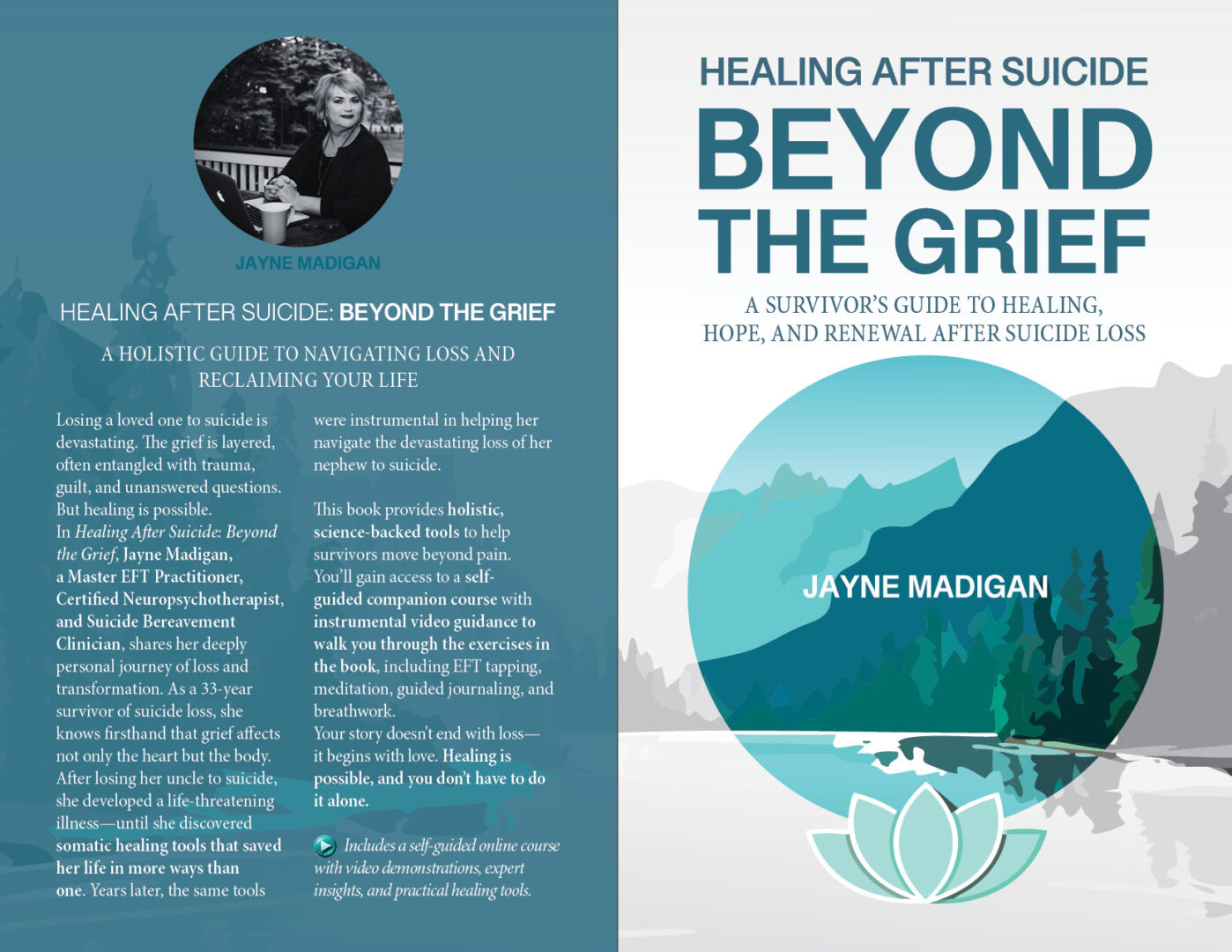
What would you advise – going all in on your strengths or investing on areas where you aren’t as strong to be more well-rounded?
I believe our deepest healing and greatest success come from going all in on our strengths—especially the ones we often overlook or dismiss because they came from surviving something hard.
For a long time, I thought I had to “fix” everything I wasn’t good at—be more polished, more logical, more like the professionals I saw around me. But the truth is, the most powerful parts of my work come from the strengths I developed through life experience: emotional sensitivity, deep empathy, and a fierce intuition. These aren’t skills you’ll find on a resume, but they’re the backbone of what I do—and why my clients feel safe, seen, and supported.
That doesn’t mean we shouldn’t grow or stretch ourselves. But I’ve found that when we invest in our natural gifts and let them lead, we expand in the areas we once thought were “weaknesses.” For example, I used to believe I wasn’t cut out for entrepreneurship. But once I anchored into my strength as a healer and teacher, the business side got easier—because it wasn’t about selling, it was about serving.
If you’re constantly trying to improve areas you’re not naturally aligned with, it can feel like a battle. But when you pour into your strengths, your confidence grows—and from that place, you’re far more equipped to face challenges or learn new skills when needed.
So my advice is this: follow the thread of what lights you up. Let your lived experience, your pain, and your passion shape your purpose. The world doesn’t need you to be well-rounded. It needs you to be real, rooted in your gifts, and brave enough to use them.
Contact Info:
- Website: healingaftersuicide.net and jaynemadigan.com
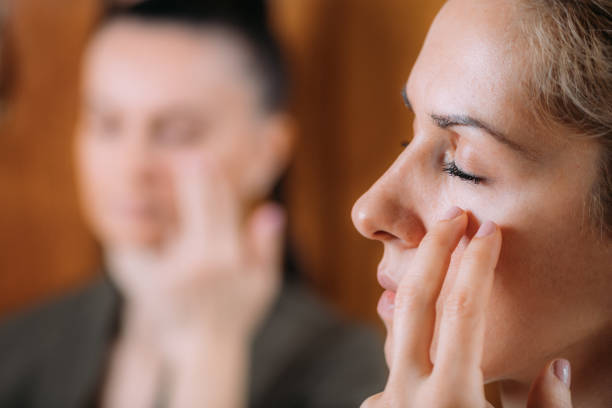
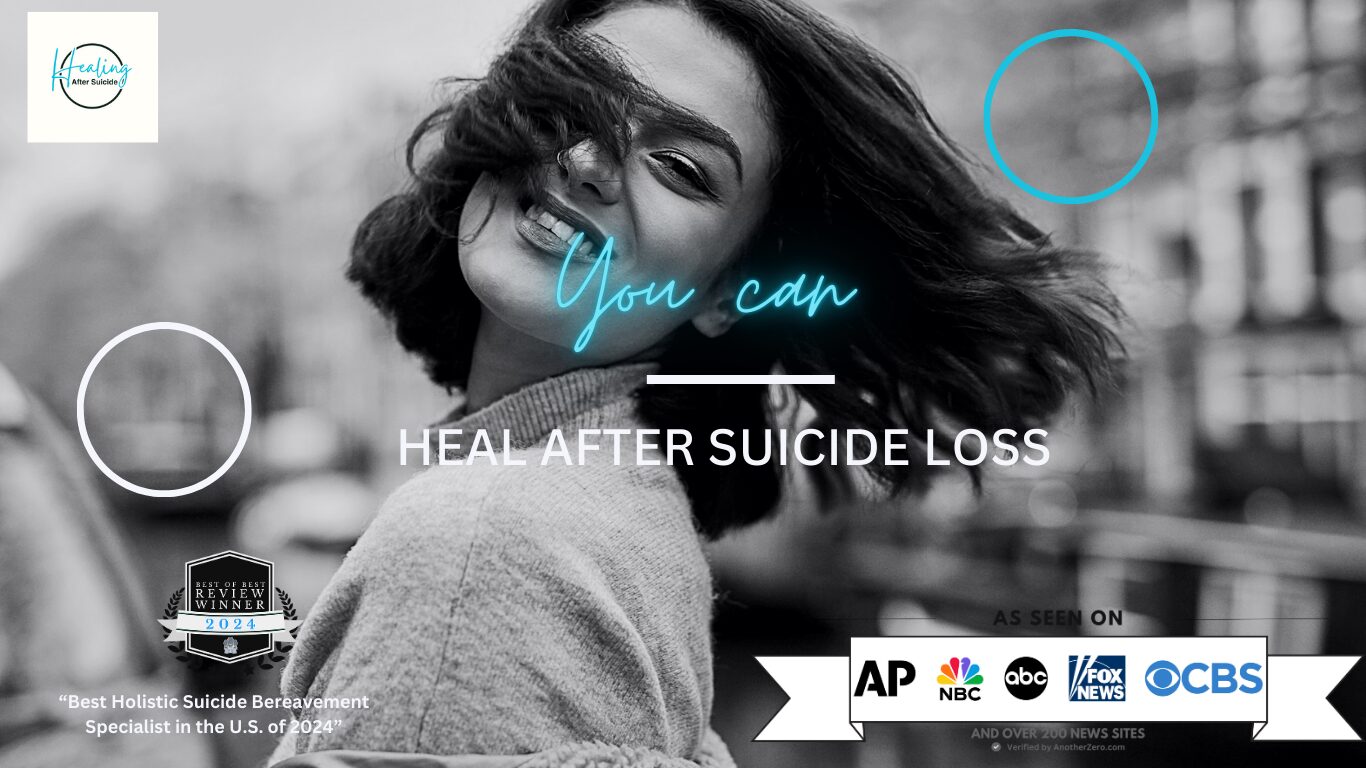
so if you or someone you know deserves recognition please let us know here.

